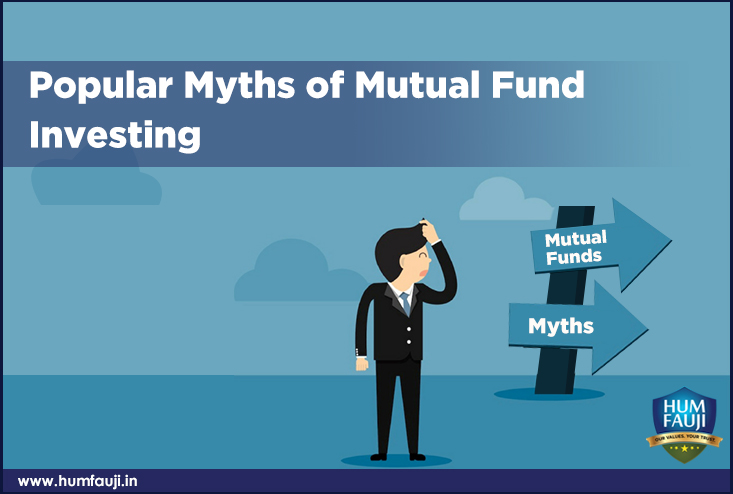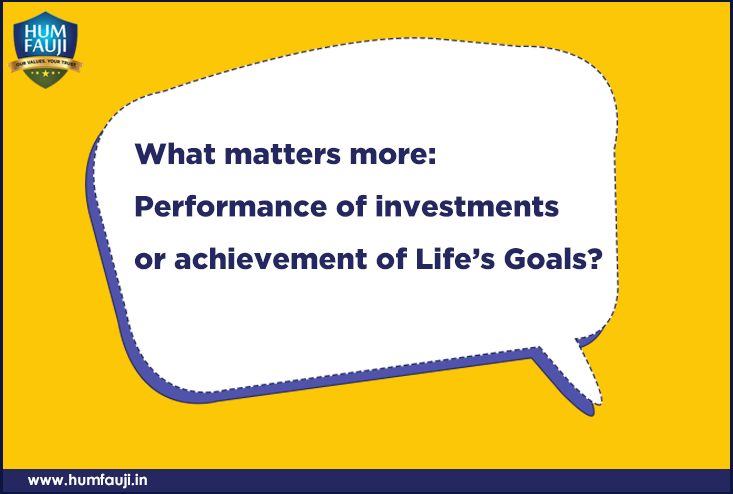Dear Friend,
Attached herewith is my article published in Times of India (National Edition, 17 Feb 2015, Tuesday) on various myths that surround investing in mutual funds. A large number of people miss out on this excellent investing avenue due to misconceptions which are contrary to ground realities. Mutual Funds, as an investment are tax-efficient, versatile and very remunerative and can be as safe or as growth-oriented as you desire. You can customise it as per your requirement and comfort and still have money available at your beck-and-call all the time.
(Please enable ‘Display Images Below’ in your browser to see the newspaper clipping).
The article can also be accessed at the link http://epaperbeta.timesofindia.com/Article.aspx?eid=31808&articlexml=MYTH-BUSTER-You-dont-need-demat-ac-for-17022015007043
Popular Myths of Mutual Fund Investing
Mahesh Singh, 42 years old, is very keen that he should invest his hard-earned money in the best possible manner. He has two children and wants to make the best of the facilities and education available to them. However, any mention of mutual funds to him for investment evokes a sharp reaction – he wants nothing to do with shares and stocks and would like to keep his money safe. There are large number of such investors in India who miss out on this excellent investment avenue by falling prey to such myths primarily due to lack of knowledge and proper guidance.
Given below are some such myths which surround mutual fund investing in India:-
Myth 1: Mutual Funds invest only in shares and are very risky.
Mutual Funds invest in shares, gold as also fixed income products like Bonds, Non-Convertible Debentures, Government Securities (G-Secs), Corporate Debt instruments, bank Certificate of Deposits (CDs) and corporate Commercial Papers (CPs). In fact,almost 70% of the money invested in mutual funds in India currently is in safer fixed income funds. The risk in mutual funds depends entirely on the risk you wish to take. You can invest in low duration debt funds to have literally no risk to your investments. On the other hand, thematic and diversified equity funds let you have equity markets risks of the degree you prefer.
Myth 2: You need to have a demat account to invest in mutual funds.
Only if you wish to trade mutual funds online do you need to have a demat account. And vice-versa is not true – there are any number of online portals which let you trade online without a demat account. In fact, most of the mutual fund investing in India is without demat account.
Myth 3: New Fund Offers (NFOs) are good since they offer units at lowest NAV.
Performance of mutual funds is measured in annual percentage returns. Whether the NAV is Rs 10 or 100 does not matter then. NFOs could actually be risky since the fund management team managing the NFO may not have an established track record. NFOs should be subscribed to only if they have a very compelling offering theme which is not available in any other existing well-performing open-ended fund.
Myth 4: You can just pick up the best mutual funds from a website and invest.
This could be a way to prepare a portfolio. However, in case of equity funds, care should be taken to pick up good funds of different fund categories so that all the funds do not land up having similar underlying stocks, which defeats the very purpose of diversification. In case of debt funds, interest rate movements and your own fund requirement should dictate the type(s) of funds to pick up. Also, choose funds with stable and well-performing track record and being managed by proven fund managers. Do not look at only short term past returns while choosing funds.
Myth 5: When markets go up, I should get out of my equity mutual funds.
Investing should be for meeting your financial goals and not just to make more money. If the goals are still far away, there is no reason for you to disinvest. If you feel markets are likely to go down, you may shift the funds fully or partially to safer debt funds, rather than disinvesting and then letting that money lie in bank products that give low returns.
Myth 6: Mutual Funds are a product like shares, FDs, insurance etc.
Unlike others, mutual funds are more like a basket of products – you have the safer debt funds which give you exposure to bank, company and Govt securities, equity funds investing in different categories of stocks, gold funds investing in Gold and a large combination of these three products. Facility to seamlessly shift between these different products is also available without selling the funds.
Myth 7: A closed-ended fund is better than an open-ended one since it has a fixed maturity date.
Whatever investing results are desired from closed-ended funds, can be achieved from open-ended funds. In addition, Open-ended funds give you many more advantages in term of flexibility for additional investments, SIP investments, redemption, switching etc, which is not available in closed-ended funds.
Myth 8: Dividend option in a mutual fund is better than Growth option since you periodically get returns.
Dividend in mutual funds is not a fixed return. The date and amount of dividend depends on the fund manager. Hence, you may get dividend when you don’t need it and not get it when you need it. Also, your fund NAV goes down by the amount of dividend when it is declared. Systematic Withdrawal Plan (SWP) in a growth option may provide more certain returns if you need to get periodic money out.
Visit our Blog, https://humfauji.in/blog or facebook page http://www.facebook.com/HumFaujiInitiatives or follow us on Twitter https://twitter.com/#!/humfauji to get latest insight on matters financial














Leave a Reply